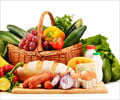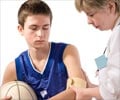About
Participating in sports like marathon running has become a common hobby amongst many. A full marathon is about 42km long and is an endurance event which requires significant physical and mental preparation. Whether you are a first timer just aiming to make it to the finish line or a professional looking to obtain a personal best, you need to understand nutrition plays a vital role in gearing you up for Get, Set, Go!.
The human body has an exceptional ability to adapt to the stress and requirements of such an endurance sport, but the right nutrition plan will ensure good performance, recovery and prevent injuries.
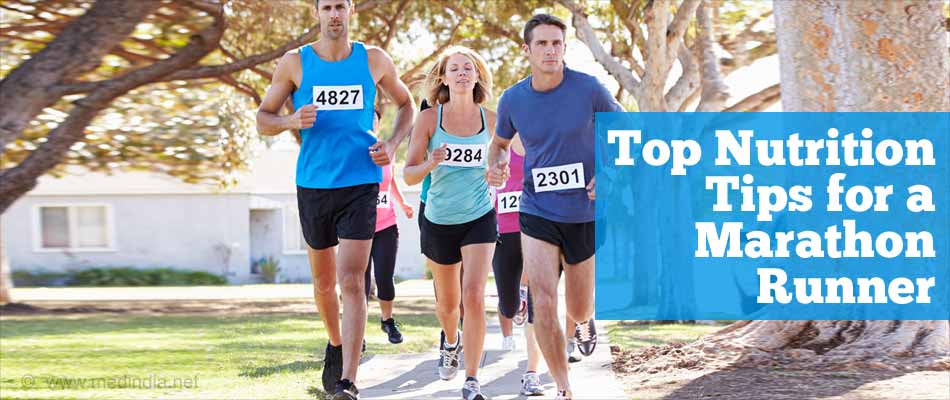
The Training Diet
Running a marathon is no easy task and structured training is necessary to build endurance. Marathon runners undergo gruelling training sessions which require significant amounts of carbohydrates for energy, protein to build muscle strength and fluids to stay hydrated. A marathon runner cannot be expected to eat the extra carbohydrates or drink the extra fluid necessary for the marathon on the day of the competition. Following a training diet makes the transition to the competition diet easy for the participant. Key points to be followed for the training diet are discussed below.
Why is Carbohydrate loading important?
Carbohydrates, also called starches and sugars are the main energy source for a marathon runner, or any endurance athlete such as a swimmer or a cyclist for that matter. Research has shown that 71% of a runner’s energy comes from carbohydrates and only 29% from fats. This huge requirement explains the need for carbohydrate loading. To meet this requirement a marathon runner must consume between 8 to 12g carbohydrates per kilogram body weight per day.
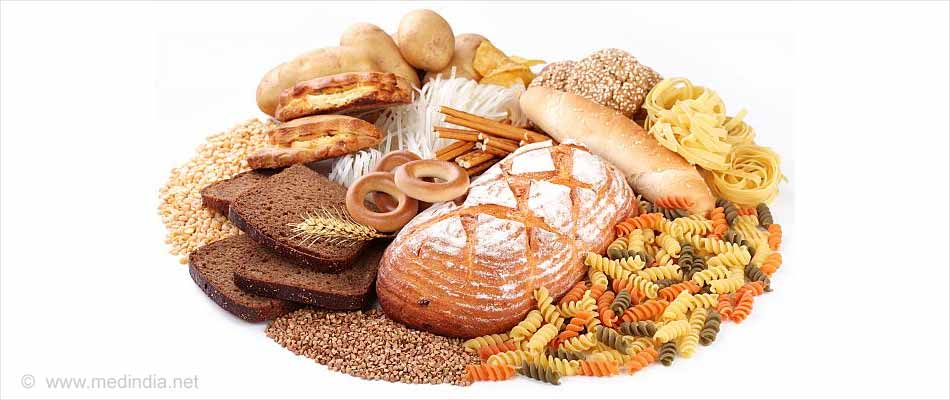
The aim of carbohydrate loading is to delay fatigue and not so much to increase speed of running. Eating a large amount of carbohydrates everyday will enable the muscles and liver to store more glycogen. Glycogen being the storage form of carbohydrate (glucose) will be utilized for energy during the event.
Consuming a lot of carbohydrates is a daunting task and it is recommended to seek advice from an accredited nutritionist. Remember that consuming carbohydrates in the liquid form will be easier than their solid counterparts. Focus on fruit smoothies, flavoured yoghurts and sports drinks to top up carbohydrate levels. By doing this a weight gain of 1 to 2kg is expected and this is in the form of glycogen and water. Resuming a normal diet after the marathon will lead to loss of weight gained during training.
How to plan a Hydration Strategy?
Hydration can often be overlooked. Being dehydrated can have serious repercussions and in serious circumstances lead to hospitalisation. It has been found that a fluid deficit even as small as less than 2% of the body mass can impair performance.
Needless to say a hydration strategy must be planned and practised during training. Practising a hydration strategy during training ensures that the individual is comfortable with the fluid and how much of its volume to drink, from both a physiological and psychological perspective.

Starting to sip on fluids from early on in the race will keep dehydration at bay. By doing this it minimizes the risk of dehydration, preventing the need to correct a severe fluid deficit later. While choosing a hydration drink it is wise to choose one which also contains electrolytes. Perspiration leads to electrolyte loss and sports drinks are a good way of making up for this along with maintaining hydration. Coconut water is the best natural hydration drink and can be used as and when available.
Why is the Protein – Carb Combo preferred?
Protein is the muscle builder. Foods like fish, chicken, eggs, lean cuts of red meat are good sources of protein. Vegetarian source include cottage cheese, tofu and legumes. These foods consumed in combination with dairy products will ensure the protein requirement is met. Protein supplements like branched chain amino acids, whey and casein can also be used.
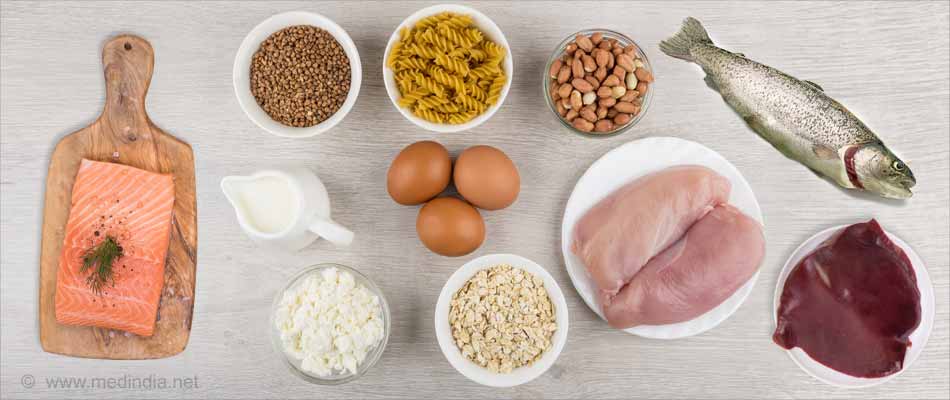
Seeking guidance from a professional about protein requirement is advised. About 0.8 to 1.2 grams per kilogram body weight per day of protein will meet the daily requirement and the diet chart must be planned accordingly. In combination with carbohydrate, protein is absorbed better and muscle recovery and repair is improved.
Food options for the training diet
| Meal | Food choices |
| Breakfast |
|
| Snack |
|
| Lunch | |
| Snack |
|
| Dinner |
|
What to eat on the day of the competition?
On the day of the event the nutrition strategy must be tackled carefully. If not, months of training would be wasted. For ease of understanding it can be divided into three parts – pre, during and post event meals.
Marathons usually begin at mid-day. This will give the participant enough time to wake up early and have a good breakfast. Eating an early breakfast will ensure that the food has been digested before the race. If breakfast is skipped there is a good chance the participant will not be able to make it to the finish line.

Fruit, muesli, porridge, bread and juice constitute a perfect breakfast. Carbohydrates and fluids are the prime focus of this meal. Do not try anything new on race day. Stick to food choices from the training diet. In addition to this, drinking about a litre of water will ensure good hydration status before the start of the race.
| MEAL | Pre Event10 to 20 minutes before | During Event | Post Event |
 | Low fiber fruits like bananas and grapes, refined carbs like white bread or a bagel and dairy like yoghurt, soy and almond milk are good choices. | Ensure fluid consumption at regular intervals.Carry easy to eat, carbohydrate rich foods like dry fruits, small bananas and sports gels/ drinks. | Refuel – Eat a high glucose snack like a sandwich or drink a fruit smoothie. Repair – Ensure the snack has a protein source. Rehydrate – Drink fluids with electrolytes. |
| X | Avoid high fiber fruits and vegetables, fatty foods and caffeine. | Do not wait till thirst kicks in to drink water or a sports drink. | Finishing a marathon is definitely reason enough to celebrate but consuming alcohol immediately is not advised. |
| Explanation | Low fiber and refined carbohydrates are simple carbohydrates (without fibre) and can be easily digested to give the body a burst of energy to get a good start to the race. High fiber foods, fatty foods and caffeine can cause gastric discomfort. | Thirst is not the right indicator for dehydration. Sipping on the hydration drink at regular intervals will prevent dehydration and replace lost electrolytes. Consuming small amounts of carbohydrate rich foods will give an energy boost and keep fatigue at bay. | The body stores of glycogen must be replaced and refuelling with a carbohydrate source will achieve this. Proteins in combination with carbohydrate will help muscle repair and recovery. Fluid and electrolyte balance must be restored through sports drinks. |
Running a marathon is a physically and psychologically challenging task. Carbohydrate loading during training and choosing the right type of carbohydrate before, during and after the event will ensure energy stores are always topped up. Staying hydrated will prevent dehydration and ensure good performance. Good quality protein in conjunction with carbohydrates will promote muscle repair and building. Following a strong nutrition and hydration strategy from the start of training will enhance performance on the day of the event.



